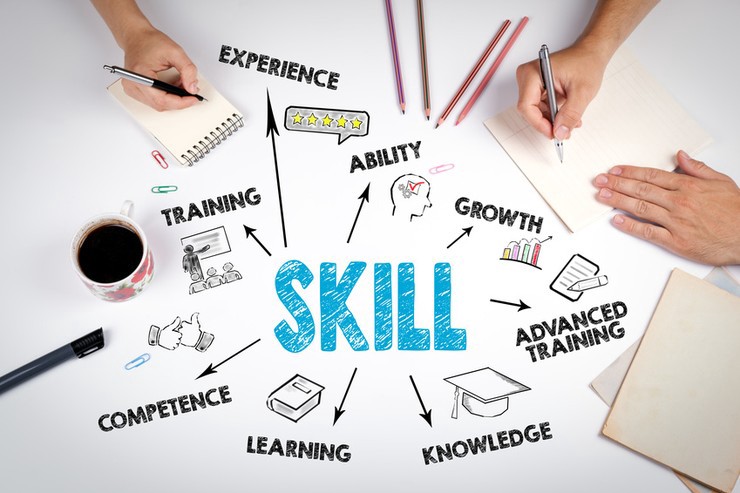Every business evaluates prospective applicants for open positions by looking for necessary skills. Many abilities are useful and transferable across many fields and occupations. However, being aware of the abilities that a company views as crucial can give you important insight into the areas of your professional development that you should concentrate on. In this essay, we go through skills that matter the most to employers.
Good Communication
The efficient delivery and receiving of data is a concept we use to describe communication skills. Any career requires the ability to communicate in a clear, organized manner without space for mistakes or misinterpretation. Even if speaking and listening are two of the many elements that make up communication, being mindful of the message you want to convey is still necessary for effective communication.
However, part of your duty as the speaker is to make sure the recipient of your message fully understands it. The ability to organize one’s thoughts and be aware of non-verbal cues like body language are additional communication abilities.
Leadership
Leadership abilities are the capacity to assemble a team and offer guidance and direction while collaborating toward a single objective. Vision and a thorough knowledge of a company’s goals are necessary for effective leadership. When you hold a leadership role, you encourage others to perform at their highest level and foster their professional growth.
You can become a leader without holding a management or supervisory position. You demonstrate leadership abilities when you speak out against something or lead a new project.
Planning and Research Skills
You might need to develop an appropriate strategy and course of action to complete specific work assignments. This might entail looking for relevant data from numerous sources. What matters, in this case, is how you analyze, interpret, and publish these results.
Computer Literacy
Being able to utilize computers and other computerized technologies at least minimally well enough to carry out duties necessary for a career is a good basis for computer literacy. To be computer literate, one must be able to turn on and off a computer, log in to basic programs, navigate between programs, check and reply to emails, and perform an online search using the internet.
Even entry-level positions often demand basic computer literacy abilities due to increased computer-related job activities. Certain jobs may require more specialized computer training or familiarity with particular software packages and apps.
Adaptability
You may easily adapt to shifts in your surroundings or circumstances if you are adaptable. The capacity to pick up new skills and methods of doing things is another aspect of adaptability. A key talent for long-term success as an employee is the ability to quickly pivot and adapt to shifting priorities, responsibilities, and deadlines.
When you make the required adjustments and maintain your enthusiasm and positivity for the task at hand, you also demonstrate your adaptability. Along with flexibility and inventiveness, adaptability also involves open-mindedness.
Resilience
Resilience is the capacity to perform well under stress or in demanding circumstances while keeping a positive outlook. Your ability to recover from a setback or trying situation depends on your resilience. Long-term success and the ability to keep trying after the initial attempt at anything new depend on the capacity to be persistent in the workplace.
To be resilient, one must also take care of themselves and the people around one, be self-aware, and ask for assistance when necessary.
Problem-solving
People utilize problem-solving techniques to identify the causes of events or problems and to come up with solutions. As obstacles arise in every role and organization, employers seek candidates with exceptional problem-solving abilities. Problems can include difficult circumstances, interpersonal relationships, unclear communication, or brainstorming to create a new service or product.



















